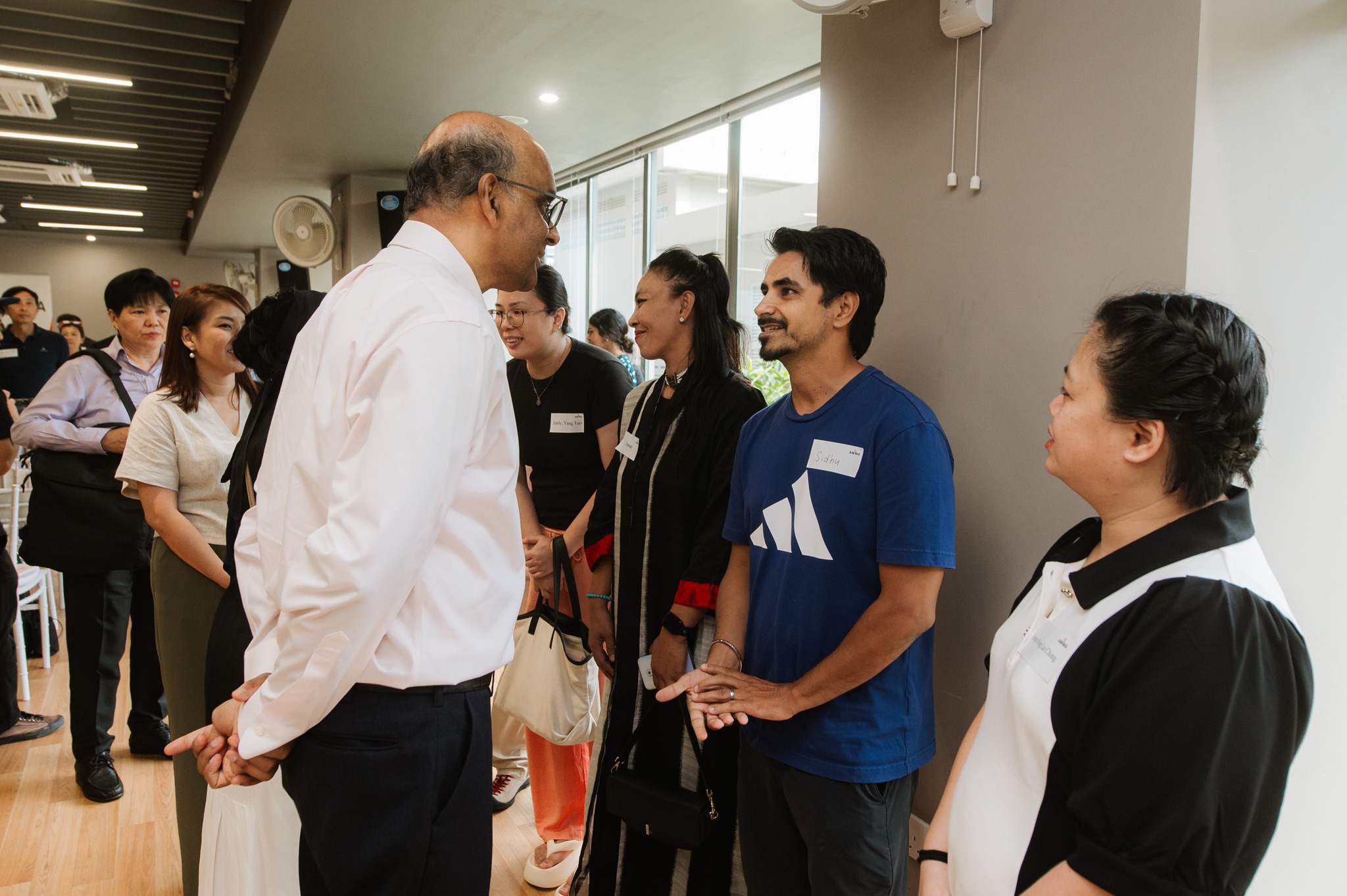SINGAPORE: Contrary to concerns that no-strings-attached cash payouts would be wasted or disincentivize low-income families from working, Awwa’s Family Empowerment Programme has demonstrated significant improvements in the lives of the disadvantaged in Singapore.
The initiative, which provided financial aid ranging from $300 to $550 per month to 75 low-income households between May 2022 and November 2023, yielded improvements in both job security and mental health for the beneficiaries.
Ms Irawati, a 37-year-old mother of five, was one of the beneficiaries of the pilot programme. She began 2022 in a state of exhaustion and despair, struggling to feed her children, as her husband’s income as a delivery rider was unstable. Her situation improved dramatically when she started receiving $550 monthly through the program.
This financial assistance gave her the confidence and stability to secure full-time employment as an office cleaner, transforming her outlook on life.
The program, a randomized control trial—the first of its kind in Singapore for unconditional cash transfers—was designed to empower families by allowing them to make their own financial decisions without preconditions. Inspired by similar international initiatives, the program aimed to lift the mental strain of financial stress and provide recipients with autonomy and dignity.
By the end of the program, 60% of participants who received the cash were classified as “well” in terms of psychological distress, compared to 36% in the control group. Additionally, 27% of those receiving the cash reported better job security, a notable increase from the 15% in the control group. More participants in the cash group also reported improved training and advancement opportunities.
The positive effects of the program were highlighted at an event on July 17 at the Awwa Home and Day Activity Centre in Pasir Ris, attended by President Tharman Shanmugaratnam and First Lady Jane Ittogi.
Ms. Huixia See Toh, Awwa’s director of family services, emphasized the program’s goal to empower families to make their own decisions. She highlighted research indicating that chronic poverty severely limits cognitive functioning and the ability to plan for the future.
The program was designed with the assistance of Tri-Sector Associates, a social impact firm, and initially funded with $750,000 from Standard Chartered Bank. Upon meeting specific outcomes related to education, skills upgrading, and employment, Temasek Trust pledged an additional $750,000 for a second phase.
The promised funds will soon be disbursed as the outcomes have been met, Awwa said.
Despite initial resistance to the idea of unconditional cash transfers, concerns that recipients would lack work incentive or misuse funds were disproved. Tri-Sector CEO Kevin Tan noted that alleviating financial stress had a profoundly positive impact on recipients’ mental well-being.
Dr Ng Kok Hoe, a senior research fellow at NUS’s Lee Kuan Yew School of Public Policy, added in an interview with the Straits Times that such cash transfers not only provide resources but also grant recipients autonomy and dignity by showing trust in their decision-making capacities.
Ms Irawati echoed these sentiments, describing how the cash assistance gave her hope and empowerment. It enabled her to buy healthier food and educational materials for her children, and even obtain a motorcycle license, allowing her to work as a food delivery rider temporarily.
She expressed her gratitude, saying, “I was able to tell my kids, ‘Yes we can go out to eat; Yes mummy can buy you this,’ which motivated me to work and succeed, and to help others.”
TISG/

